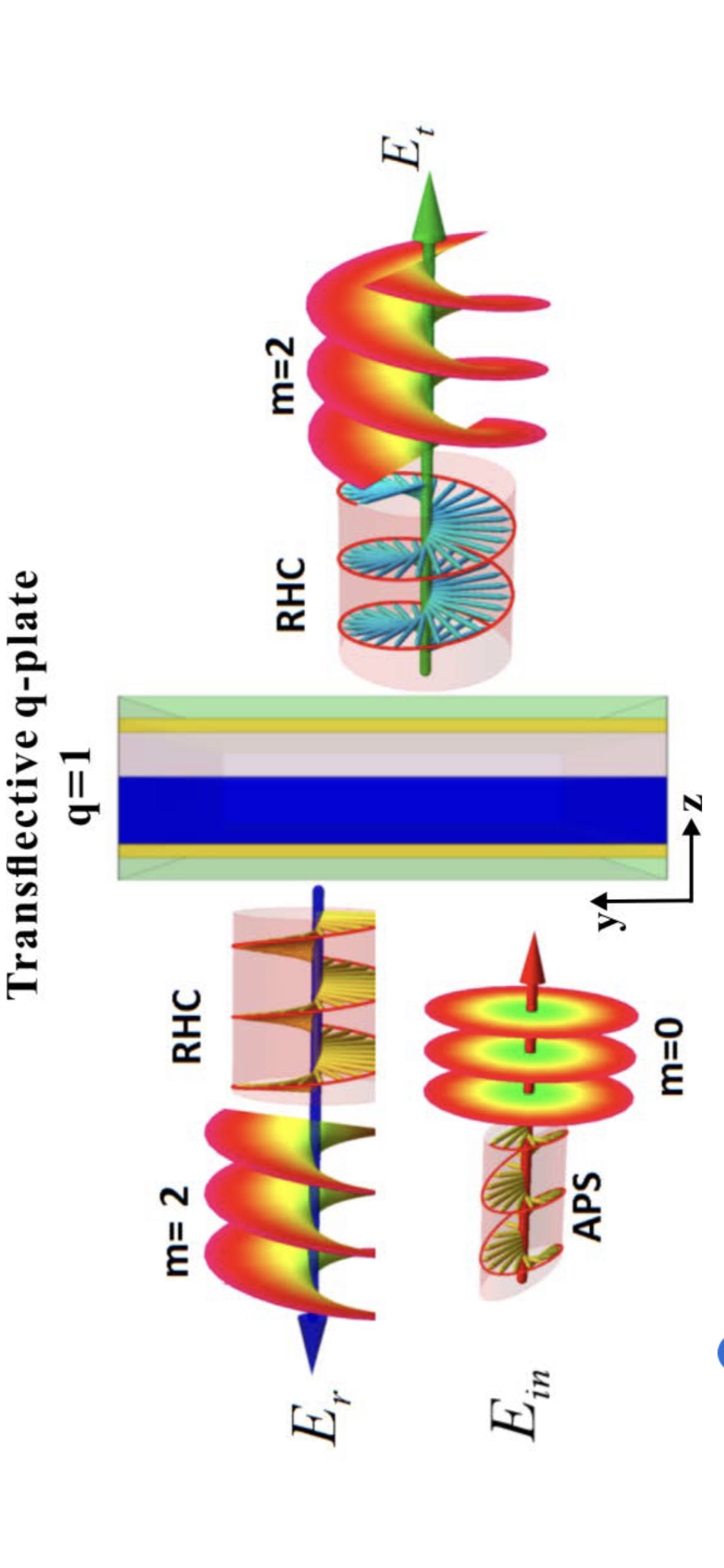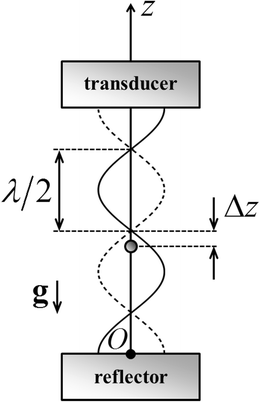The most common dyes for lipids are Nile red [19] and BODIPY 505/515 [20]. Nile red and BODIPY 505/515 offer several advantageous characteristics for in situ screening [21].
Phl 1:9
And this I pray, that your love may abound yet more and more in knowledge and in all judgment;
the river runs red=144
Egypt /double straits
Rom 12:9
Let love be without dissimulation. Abhor that which is evil; cleave to that which is good.
G14 to work good, to do good, to do well, act rightly
G15 to do good, do something which profits others
agathopoiḯa, ag-ath-op-oy-ee'-ah; from G17;
G16 course of right action, well doing, virtue
G17 acting rightly, doing well, virtuous from G18
G18 that which is good of good constitution or nature
useful, salutary good, pleasant, agreeable, joyful, happy excellent, distinguished upright, honourable
G19 goodness uprightness of heart and life, goodness, kindness
1419/1914
silence
S
i
l en
ce
no i se
Sound
no sound
on
off
positive
negative
node
antinode
charge
no charge
Dipole
Exo 4:11
So the LORD said to him, “Who has made man's mouth? Or who makes the mute, the deaf, the seeing, or the blind? Have not I, the LORD?
loverding
Alternative form of lordlyng
noble status , position, rank
Act 17:11
These were more noble than those in Thessalonica, in that they received the word with all readiness of mind, and searched the scriptures daily, whether those things were so.
1Co 1:26
For ye see your calling, brethren, how that not many wise men after the flesh, not many mighty, not many noble, are called:
But God hath chosen the foolish things of the world to confound the wise; and God hath chosen the weak things of the world to confound the things which are mighty;
And base things of the world, and things which are despised, hath God chosen, yea, and things which are not, to bring to nought things that are:
That no flesh should glory in his presence.
"they caught him and gave him a hiding"
lower ding
hi ding
lowering
higher ring
lowered
hi red
trough
crest
negative
positive
blue
red
low frequency
high frequency
together
alternating frequencies
alternating current
FIGURATIVE EXTENSION, also extension. A process of SEMANTIC CHANGE in which a word gains further senses figuratively, especially through metaphor or metonymy. For example, the reference of crown has extended from a usually royal head-dress to royalty itself, to (among others) a coin with this symbol on it, to the part of the head where a crown rests, to the top of a hill or other such place, to the crest of a bird, to a crown-like award or honour,
extension?
❤️🙏🐎
Mar 2:2
And straightway many were gathered together, insomuch that there was no room to receive them, no, not so much as about the door: and he preached the word unto them
euthéōs, yoo-theh'-oce; adverb from G2117; directly, i.e. at once or soon:—anon, as soon as, forthwith, immediately, shortly, straightway.
Mat 3:3
For this is he that was spoken of by the prophet Esaias, saying, The voice of one crying in the wilderness, Prepare ye the way of the Lord, make his paths straight. G2117
https://www.youtube.com/watch?v=MURVkUwg5rY&ab_channel=Fatimah99
The Biographical Dictionary of Ancient Egypt gives credence to the foreign origin hypothesis: "It is conceivable that he had some Mitannian ancestry, since it is known that knowledge of horses and chariotry was introduced into Egypt from the northern lands and Yuya was the king's 'Master of the Horse'."
Yusuf (Arabic: يوسف Yūsuf) is a male name of Arabic origin meaning "God increases" (in piety, power and influence).[1] It is the Arabic equivalent of the Hebrew name Yosef and the English name Joseph. It is widely used in many parts of the world by Arabs of all Abrahamic religions, including Middle Eastern Jews, Arab Christians, and Muslims.
Ahmed Osman, in his book Stranger in the Valley of the Kings, has suggested an identification between Joseph, the ancient Hebrew patriarch who led the tribe of Israel into Egypt during a famine, and Yuya. [25] This theory has not been accepted in mainstream Egyptology. Donald B. Redford wrote a scathing review of Stranger in the Valley of the Kings for Biblical Archaeology Review.[26] Similarly, Deborah Sweeney has expressed great doubt toward the proposed identification. Sweeney states that the title "God's father of the Lord of the Two Lands" is an extension of the title "God's Father," which is not exclusive to Yuya. The Bible claims that Joseph's mummified body was exhumed and transported to Canaan by the Israelites, while Yuya's remained undisturbed in the Valley of the Kings in Egypt, where his mummy was discovered in 1905.
Joseph of Arimathea was, according to all four canonical gospels, the man who assumed responsibility for the burial of Jesus after his crucifixion.
Psa 148:1
Praise ye the LORD. Praise ye the LORD from the heavens: praise him in the heights.
Job 8:9
(For we are but of yesterday, and know nothing, because our days upon earth are a shadow:)
ᵉmôwl, tem-ole'; or תְּמֹל tᵉmôl; probably for H865
before, before that time, beforetime, heretofore, of late, of old, these days, time(s) past, yesterday, day before yesterday, recently, formerly
heretofore (adv.)
c. 1200, from here + obsolete Old English toforan "formerly, before now,"
foreshadow (v.)
"indicate beforehand," 1570s, figurative, from fore- + shadow (v.); the notion seems to be a shadow thrown before an advancing material object as an image of something suggestive of what is to come. Related: Foreshadowed; foreshadowing.
Instructions to Those Who Minister
1 Timothy 6
1Ti 6:3
If any man teach otherwise, and consent not to wholesome words, even the words of our Lord Jesus Christ, and to the doctrine which is according to godliness;
He is proud, knowing nothing, but doting about questions and strifes of words, whereof cometh envy, strife, railings, evil surmisings,
Perverse disputings of men of corrupt minds, and destitute of the truth, supposing that gain is godliness: from such withdraw thyself.
But godliness with contentment is great gain
For we brought nothing into this world, and it is certain we can carry nothing out.
Gen 38:29
And it came to pass, as he drew back his hand, that, behold, his brother came out: and she said, How hast thou broken forth? this breach be upon thee: therefore his name was called Pharez.
And afterward came out his brother, that had the scarlet thread upon his hand: and his name was called Zarah.
Pharez=breach
or Zarah = "rising"
Gen 39:1
And Joseph was brought down to Egypt; and Potiphar, an officer of Pharaoh, captain of the guard, an Egyptian, bought him of the hands of the Ishmeelites, which had brought him down thither.
And the LORD was with Joseph, and he was a prosperous man; and he was in the house of his master the Egyptian.
And his master saw that the LORD was with him, and that the LORD made all that he did to prosper in his hand.
From Old French prosperer, from Latin prosperō (“I render happy”), from prosperus (“prosperous”), from Proto-Italic *prosparos, from Proto-Indo-European *speh₁- (“to succeed”), whence also Latin spēs (“hope, expectation”).
prospering
present participle of prosper
prospered
simple past tense and past participle of prosper
whisper (third-person singular simple present whispers, present participle whispering, simple past and past participle whispered)
(intransitive) To speak softly, or under the breath, so as to be heard only by one near at hand; to utter words without sonant breath; to talk without that vibration in the larynx which gives sonorous, or vocal, sound.
(transitive) To mention privately and confidentially, or in a whisper.
(intransitive) To make a low, sibilant sound.
Gen 46:5
And Jacob rose up H6965 from Beersheba: and the sons of Israel carried Jacob their father, and their little ones, and their wives, in the wagons which Pharaoh had sent to carry him.





